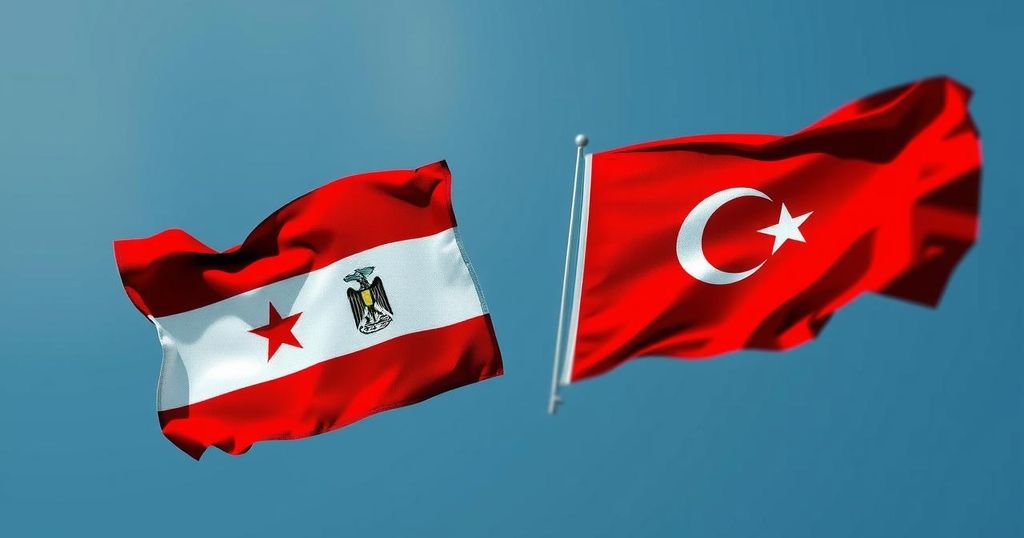The renewed diplomatic ties between Turkey and Egypt, two opposing supporters in the Libyan conflict, may provide an avenue for mitigating tensions among Libyan factions and paving the way for stability in the region.
A thaw in relations between Turkey and Egypt, two pivotal regional powers that traditionally support opposing factions in Libya, is anticipated to facilitate a resolution to the ongoing tensions among Libyan groups. This diplomatic engagement suggests a potential shift in alliances and may pave the way for collaborative endeavors aimed at stabilizing the fragmented political landscape in Libya. Observers note that cooperation between Cairo and Ankara could lead to a more unified approach in addressing the multifaceted challenges that have plagued Libya since the fall of Muammar Gaddafi in 2011.
The historical context of Turkey-Egypt relations reveals a complex and often adversarial dynamic, particularly following the ousting of President Mohamed Morsi in 2013, which resulted in Egypt’s pivot away from Ankara’s influence. Since then, both nations have increasingly sought to expand their regional influence, particularly in Libya, where their support has fueled divisions among rival governments and militias. Turkey aligns with the internationally recognized Government of National Unity, while Egypt backs the eastern-based Libyan National Army. Recent political developments indicate a willingness from both countries to re-establish diplomatic ties and address the repercussions of their proxy engagement in Libya, heightening prospects for peace.
In conclusion, the burgeoning rapprochement between Turkey and Egypt signifies a potential turning point in the conflicts surrounding Libya. If sustained, this collaboration could diminish hostilities between Libyan factions and foster a more stable political climate, ultimately benefitting not only Libya but the broader North African region. As such diplomatic initiatives unfold, they warrant close observation for their implications on regional security and governance.
Original Source: www.voanews.com






